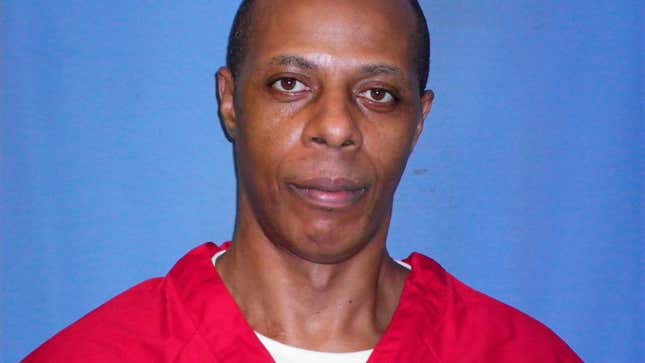
A ruling from the Mississippi Supreme Court found that additional DNA testing will not be able to be presented in a 30-year-old murder case of two college students, the Associated Press reports. In 1994, Willie Jerome Manning was convicted of two counts of capital murder in the December 1992 killings of Mississippi State University students Jon Steckler and Tiffany Miller in Oktibbeha County.
Before Manning was about to be executed in 2013, the Justice Department stated there were errors in the FBI’s findings concerning ballistics tests and hair analysis in the case. Notably, the FBI pointed out that the microscopic hair samples found in a car belonging to one of the victims had “errors in testimony” in court. As the Associated Press points out, an FBI agent testified that some hair found at the crime scene was “from an individual of the Black race,” but didn’t necessarily mean the same hair came from Manning.
Just hours before the lethal injection was about to be carried out, the Mississippi Supreme Court issued an indefinite delay by an 8-1 vote to allow the new evidence to come forth. Manning’s attorneys sent a rape kit, fingernail scrapings, and other items to a laboratory.
After six long years of analysis and Manning expressing his innocence, Misssissippi’s justices said that Manning received “allegedly inconclusive results.” Manning’s attorneys asked for a more specialized lab to take a look. An Oktibbeha County circuit judge denied that request and the Supreme Court affirmed the ruling.
“If additional testing had been granted and another individual’s DNA profile was discovered from the crime scene evidence, no proof has been shown that it would change the outcome of Manning’s case,” Justice Robert Chamberlin wrote for the majority.
Two judges, Leslie King and Jim Kitchens, dissented from the majority and wrote that “any potential harm in waiting for additional DNA testing at a specialized lab is surely minimal considering that Manning has been sentenced to death.”

